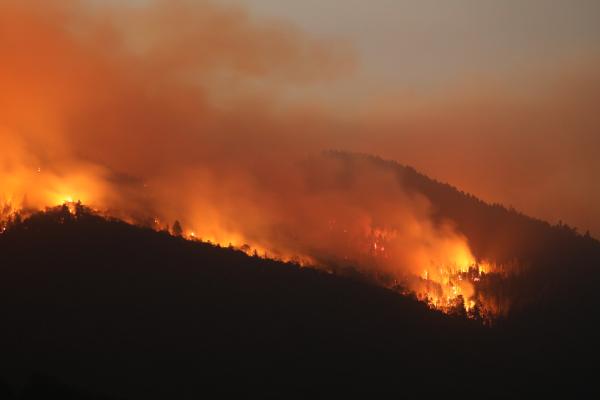As wildfires intensify, prolonged exposure to pollution linked to premature death

Researchers at The Ohio State University have discovered that wildfire smoke significantly reduces life expectancy, while also diminishing the health benefits of local greenspaces. Greenspaces, such as forests and parks, are typically associated with improved human health due to their ability to regulate the ecosystem, filter air, and foster community connections.
“When considering the environment’s effect on human life expectancy, we have to account for all kinds of factors,” said Yanni Cao, lead author of the study and a postdoctoral researcher in environmental health sciences at Ohio State. “Forests, for example, provide essential ecosystem services to mitigate the impact of wildfire smoke because they can purify the air.”

However, these areas can act as fuel for wildfires, leading to greater smoke emissions that pose severe health risks, including respiratory issues, cardiovascular disease, and an increase in the risk of dementia and hospitalization.
The study analyzed over 66,000 pieces of U.S. census data and found that each additional day of smoke exposure decreases life expectancy by approximately 0.02 years, or one week. Although greenspaces can slightly improve life expectancy, wildfire smoke can negate these benefits.
Read the original article at Ohio State News by Tatyana Woodall or the research presented at the American Geophysical Union.
